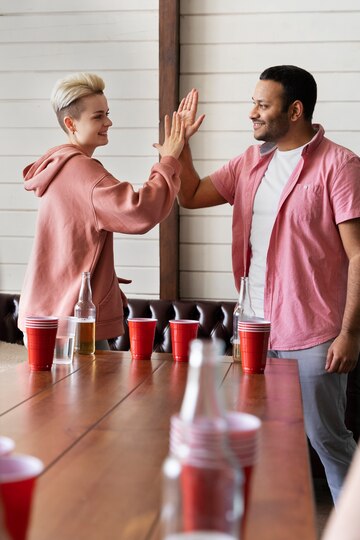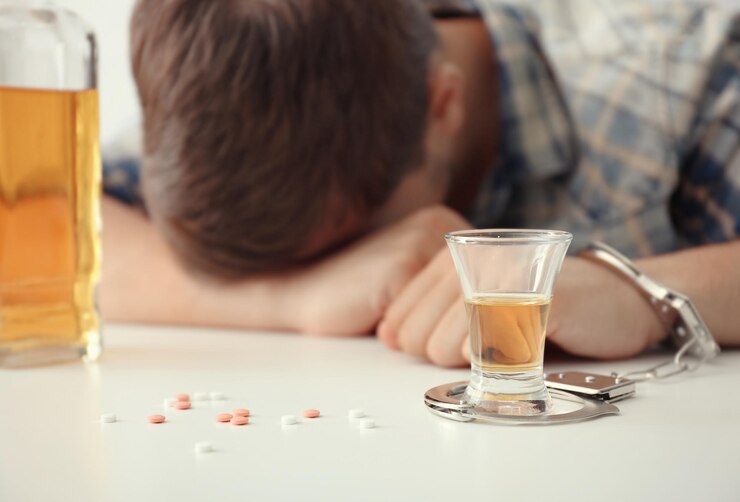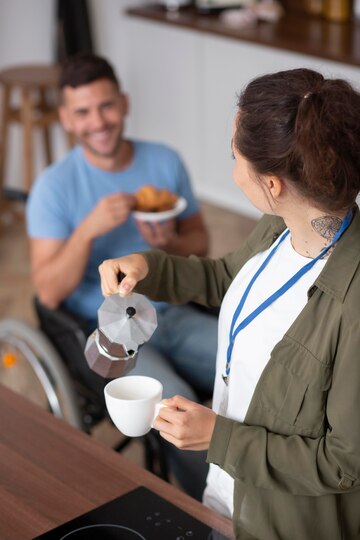
The rehabilitation process typically begins with an assessment to determine the individual’s specific needs and develop a personalised treatment plan.
Individual Counselling
- One-on-one sessions with a therapist to explore underlying issues contributing to addiction and develop coping strategies.
Group Therapy
- Peer support and encouragement from others in recovery, fostering a sense of community and understanding.

Behavioural Therapies
- Techniques to help individuals change unhealthy thought patterns and behaviours associated with addiction, such as cognitive-behavioural therapy (CBT) and dialectical behaviour therapy (DBT).
Medication-Assisted Treatment (MAT)
- Utilises FDA-approved medications to manage cravings and withdrawal symptoms, particularly in cases of opioid or alcohol addiction.
Holistic Therapies
- Activities such as yoga, meditation, art therapy, and exercise promote overall well-being and help individuals develop healthy coping mechanisms.

Benefits of Drug and Alcohol Rehabilitation

Breaking the Cycle of Addiction
- Rehabilitation programs provide the tools and support needed to overcome physical dependence and address the root causes of addiction.
Learning Coping Skills
- Through therapy and counselling, individuals acquire effective coping skills to manage stress, cravings, and triggers without turning to substances.
Rebuilding Relationships
- Rehab helps individuals repair damaged relationships with loved ones and rebuild trust, fostering healthier connections and support networks.
Improving Overall Health:
- Sobriety leads to improved physical and mental health, reducing the risk of medical complications and enhancing quality of life.
Finding Purpose and Meaning:
- Many individuals discover a renewed sense of purpose and meaning in life as they pursue recovery and work towards their goals and aspirations.
Drug and alcohol rehabilitation is a vital step towards healing and recovery for individuals struggling with addiction. By participating in comprehensive treatment programs tailored to their needs, individuals can break free from the grips of addiction and build fulfilling, substance-free lives. Don’t hesitate to seek rehab assistance if you or someone you know is struggling with addiction. Recovery is possible, and you are not alone.
Rehabilitation Process:
Gathering health information, setting goals, creating a plan, providing treatment, monitoring progress, offering support, transitioning back to everyday life, and evaluating outcomes are essential components of the rehabilitation process.
FAQs
What happens after completing a rehabilitation program?
- After completing a rehabilitation program, individuals may transition to aftercare or follow-up services to help maintain sobriety and prevent relapse. This may include ongoing therapy or counselling, participation in support groups such as Alcoholics Anonymous or Narcotics Anonymous, and access to community resources for continued support.
How much does drug and alcohol rehabilitation cost?
The cost of rehabilitation can vary widely depending on factors such as the type of program, the amenities offered, and whether insurance coverage is available. Some programs may be covered partially or fully by health insurance, while others may offer sliding scale fees or financial assistance options for those in need.
Accordion #2
Lorem ipsum dolor sit amet, consectetur adipiscing elit. Ut elit tellus, luctus nec ullamcorper mattis, pulvinar dapibus leo.
Can I force someone to go to rehab?
- In some cases, individuals may be compelled to attend rehabilitation through legal or administrative means, such as court-ordered treatment or intervention by family members through an intervention process. However, voluntary participation and motivation are often key factors in the success of rehabilitation.
Where can I find help for drug and alcohol rehabilitation?
.
- There are many resources available for individuals seeking help for drug and alcohol rehabilitation. These may include healthcare providers, addiction treatment centers, community-based organizations, support groups, and hotlines staffed by trained professionals who can provide information and assistance.
